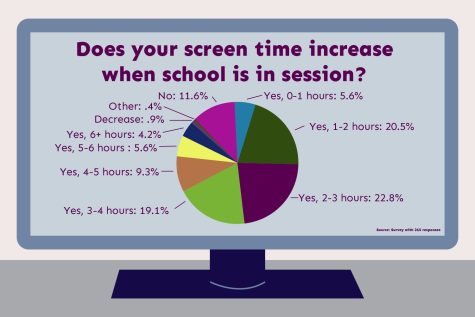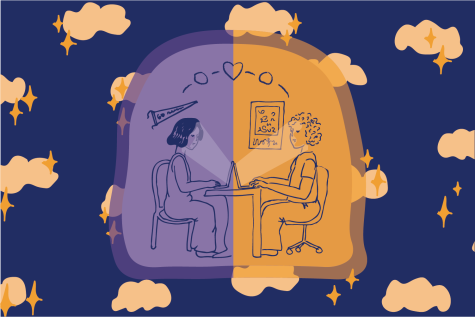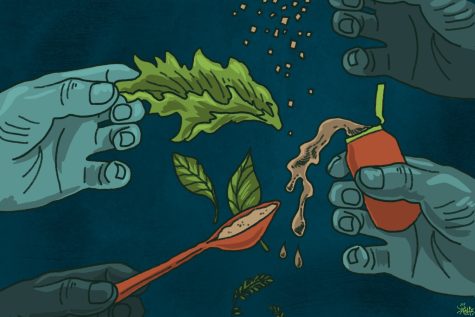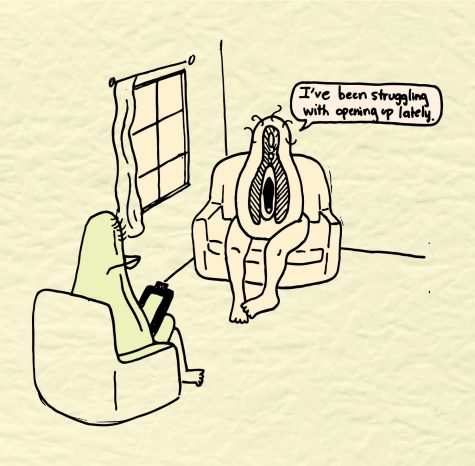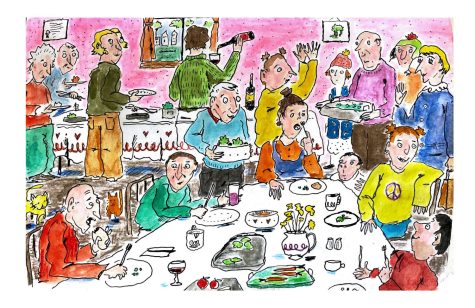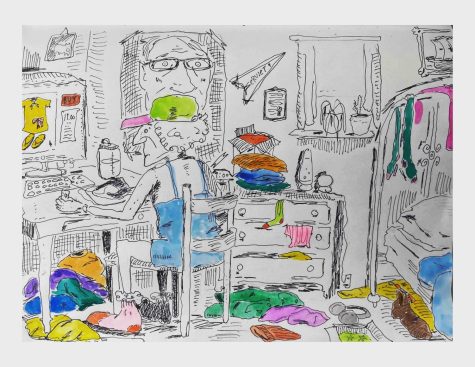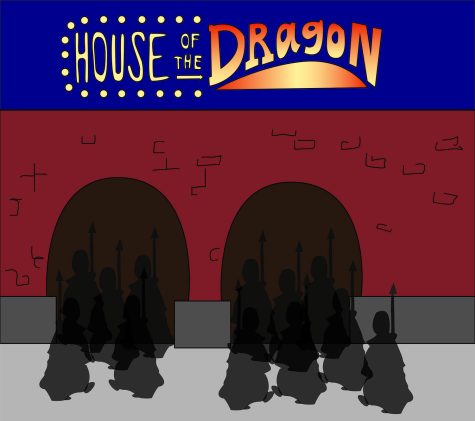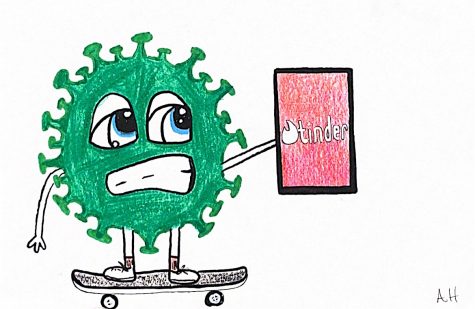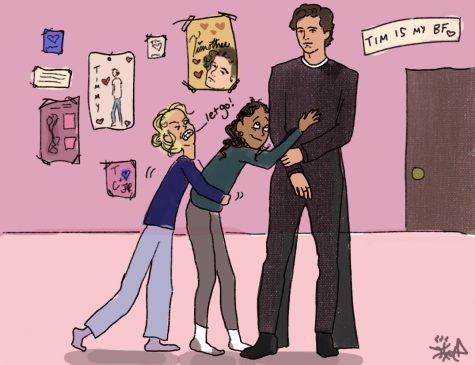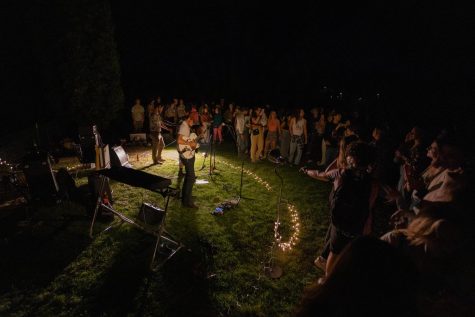How COVID-19 changed popular music
September 24, 2020
The coronavirus has forced music to evolve within the walls of quarantine into an anomaly exclusive to 2020.
Artists have had to find new ways to produce their music in our socially-distanced world. Even some of the most popular artists you’ve heard have had to meet in online calls like many of us do everyday.
This struggle has diluted the sense of highly-produced projects and forced artists to think in new and innovative ways. Just like these artists, we have had to find new ways to entertain ourselves and challenge our perception of everyday life.
As life changes so does music. Music is a reflection of our daily lives and the pandemic has changed almost every aspect of them. So with our new lives there must also be new music.
However, this doesn’t mean that everything that has come out of music during the coronavirus has been good. The “Imagine” sing-along with a multitude of celebrities was cringe-worthy at best and missed the point of the song.
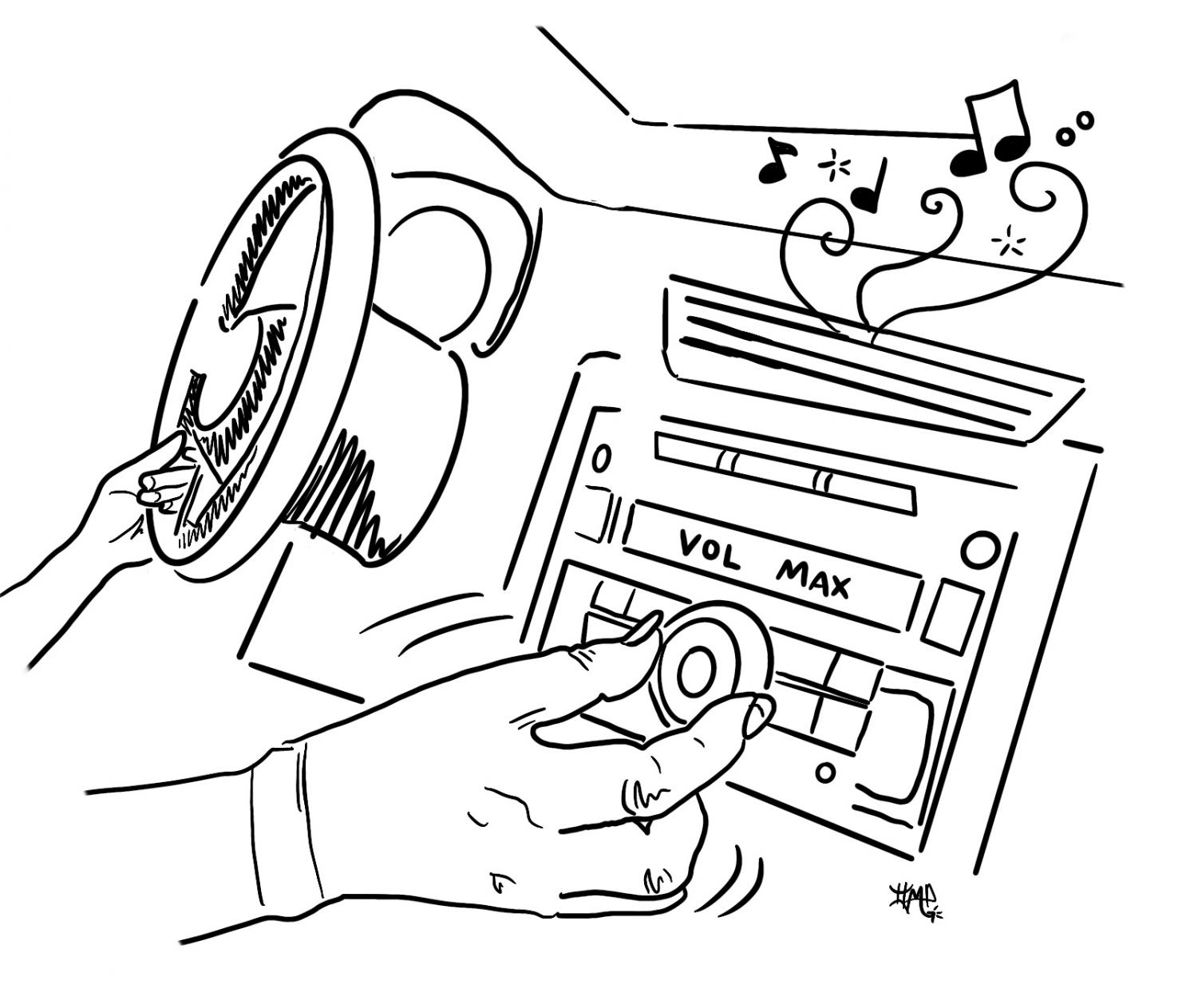
There have been other less than desirable attempts to make music exciting during quarantine, mostly by other celebrities or bands trying to hold onto their relevance. Examples include Bon Jovi and the Foo Fighters who have held zoom-call concerts that fail to engage their audiences, but perhaps that’s just low hanging fruit.
Although some artists are struggling during the pandemic others flourish. 100 gecs, for example, have held concerts in Minecraft. These aren’t just simple concerts either, they are entire festivals including artists like Charli XCX, Dorian Electra, and Kero Kero Bonito.
These artists will go into minecraft and build entire concert venues for their fans. Not only does this take an immense amount of effort, but they also have to support servers that can handle massive amounts of fans.
Speaking of Dorian Electra, they participated in virtual clubbing in the popular MMO Second Life which is a massively multiplayer online game that has its own economy and customizable world. This allows players like Dorian Electra to create their own clubs which depend on the world’s economy and avatars that wear priced clothes based on real money.
Artists like Charli XCX have also released new albums during the pandemic. Her album “how i’m feeling now” is just another part of her incredible streak of music within the last few years. The album stands out as iunique to the world’s experience within quarantine.
Songs like “forever” talk about the struggle of our relationships and how we maintain them even with constant separation. She describes how even if her and her partner never see each other again she will always love them.
The lyrics also use the analogy of driving together in a car to the idea of a relationship and without her partner by her side she flies off the road. Driving is a constant theme throughout the album and the idea that humanity is locked inside a car strapped to the seats without control.
Movement and travel is also a theme within Jeff Rosenstock’s newest album, “NO DREAM.” Released in May of 2020, Rosenstock said without the pandemic, “I feel like this record probably wouldn’t have happened otherwise.”
The song “State Line” captures the feeling of not even being able to move across state-lines to see the people we love. Throughout the song Rosenstock holds onto memories of adventures with his loved ones, but holding onto memories can only do so much.
Traveling in a car with someone you love and being on a journey to somewhere new is what is truly missing. Instead, we are stuck on an endless ride, traveling nowhere, and without the ones we love.
Movement is such an important part about how we conduct our everyday lives even if it is as simple as driving to our local supermarket. Songs like “State Line” and “forever” remind us of this importance and speak to our modern day suffering where we seem to be getting farther and farther apart everyday even without being stuck in quarantine.
Within an age of seemingly constant disconnect we are thinking of the connections with each other more than we ever have in recent memory. Songs like “State Line” and “forever” remind us of the connections we used to have and how in an age of digital isolation we must be closer than ever regardless of the pandemic.
Today’s coronavirus culture forces us and musicians to find new ways to connect people across the world and remind us of our common humanity.








